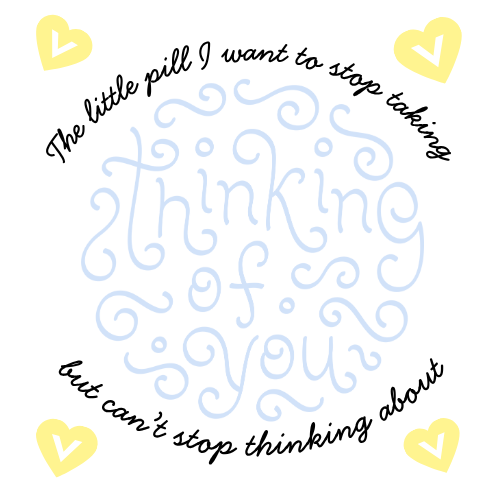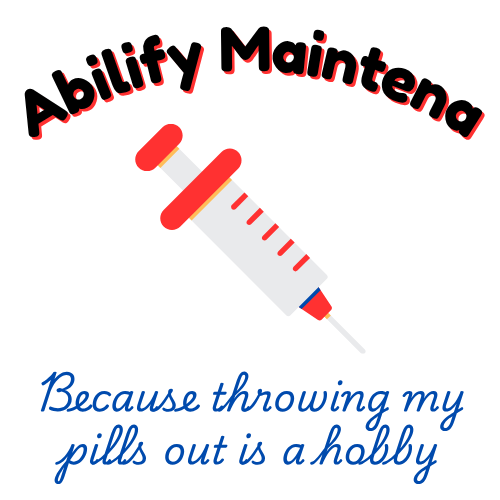Wednesday, September 17, 2025 was the last time I took Valium. I’ve been prescribed it since I was 17, making it a 23 year run of benzo dependence. I was down to 2.5-5mg every couple days. Still, it was a stupid thing I did (stop basically cold turkey) and my reasoning was more if I could, than if I should. I don’t recommend stopping any medication without a doctor’s advice, pharmacist watching over, and taper plan. I wasn’t dependent enough on it to have withdrawal seizures, fortunately, but this is not a guide or advice.
It’s been a pretty wild ride. I admit it was more of an if I could. I admit, I’m pretty stubborn sometimes, and I’ll do things just to see if I can. This was basically that. Then I got caught up in it, gave my pharmacist my extra pills, and haven’t taken valium since. My doctors are.. not terribly impressed with my stupidity, but some of them are pretty pleased I’ve stopped taking benzos.
I’ve had a few cognitive side effects from different medications: Invega, Valium, Topamax, being the big ones. I’ve been on benzos for decades, and I haven’t really been to my baseline since I was 17 years old. So I sort of set out to test myself. I got through the first couple days, most were pretty bad, I had weird side effects, but known ones, like hot flashes, vivid dreams, restlessness, and some mild hallucinations. I was kind of out of it, and feeling this floaty sensation, like I was outside of my body, and I had never heard of it before. I learned later it’s called residual disequilibrium.
After the first week, the main physical side effects were gone, like the hot flashes. It had been a hot September, and the temperature went down a bit too. I wasn’t having full out panic attacks after the first week, and things were settling down. I knew I had to get rid of the extra pills, because if I didn’t, I’d take them in a moment of weakness. So I gave them to my pharmacist to dispose of. I no longer had any valium.
Note that I wasn’t abusing valium, besides being dependent on benzos, and trying to see what life would be like without them. I wasn’t using more than prescribed, or taking them because I was bored, pretty much only as absolutely needed. I had gotten down from 20-30mg a day to 0-10mg a day in 2022-2023, and settled around 0-5mg a day a couple times a week until then. This is of diazepam, not another benzo. I had cross tapered from clonazepam to valium at one point.
It was hard. The side effects got weird. My mind got sharper. I was above baseline anxious, but not much more. I started using more CBT and DBT techniques to manage, using reality checking, things like that, to deal in public. The Abilify started hitting steady state and the Saphris was increased to 10mg, and this helped some, too.
My meds are being adjusted still, but I’m cutting benzos out. I don’t advise this. Don’t stop your benzos because you want to test yourself! I’m an idiot sometimes, but that’s my story. My psychiatrist told me I’m lucky I didn’t stubborn myself into a seizure.

